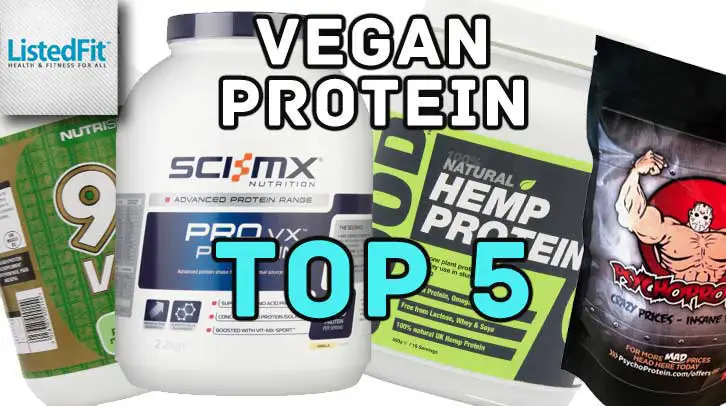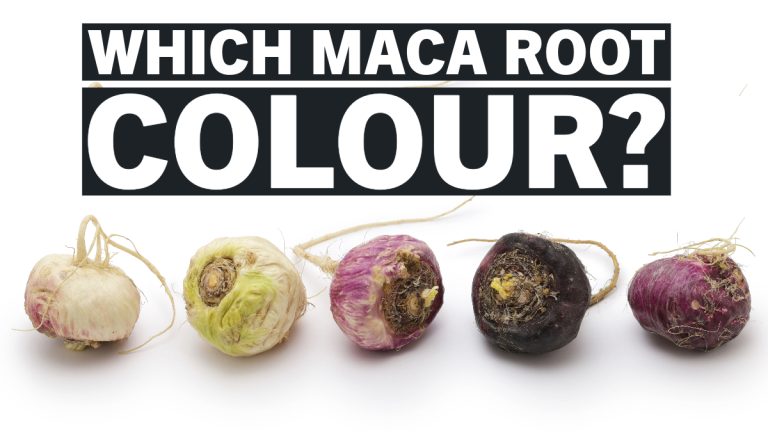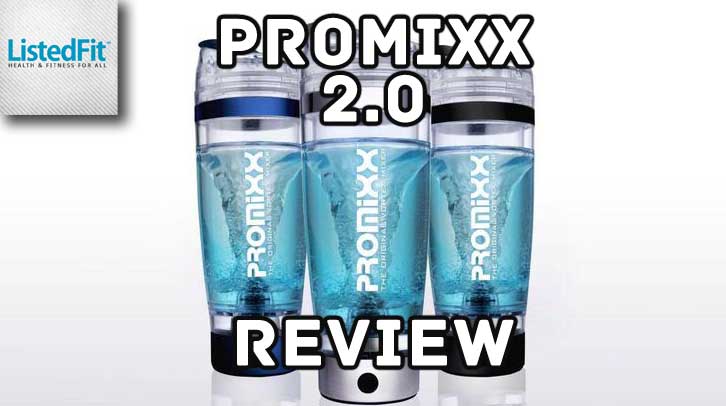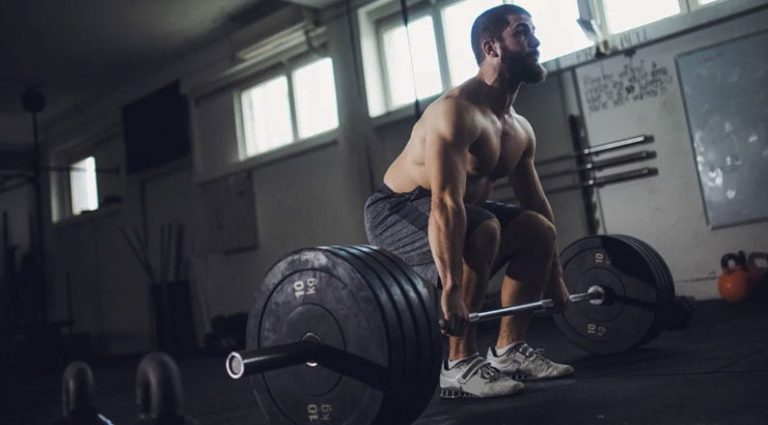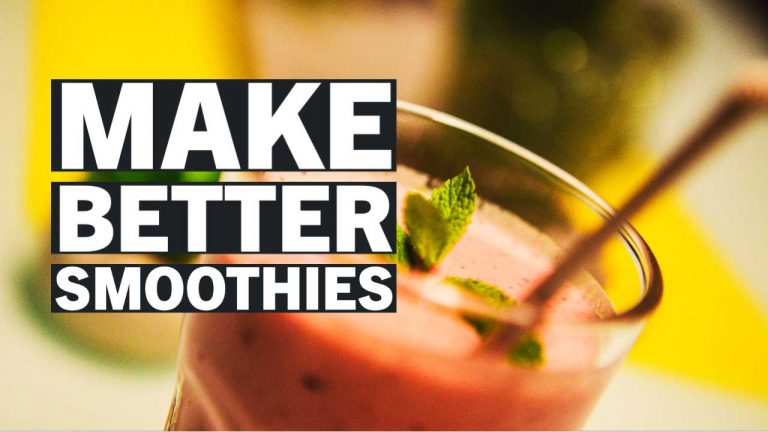Is Pizza Good for Bulking, or a Really Bad Idea?
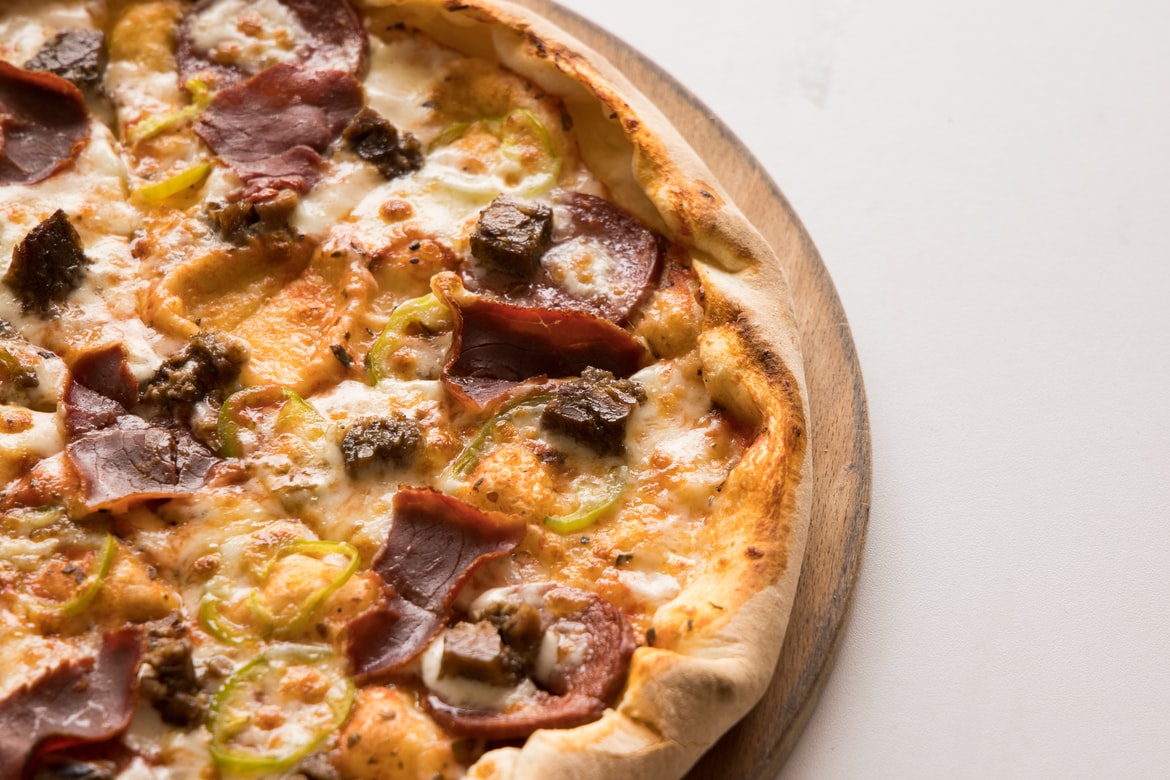
ListedFit is reader-supported. When you buy through links on our site, we may earn a small commission.
When you’re trying to bulk up and build muscle, you may find yourself wondering whether certain foods can help you reach your goals.
One such food that sparks debate in the bodybuilding community is pizza. Is it the perfect cheat meal, or can it actually have a legitimate place in your bulking diet?
In this article, we will explore whether pizza is, in fact, a good option for bulking and how it can be incorporated into your bodybuilding meal plan.
Pizza is known for being high in calories and carbohydrates, making it an appealing option for those seeking to add mass in a short amount of time.
But the nutritional content of pizza can vary greatly depending on the choice of toppings, crust, and overall portion size.
Summary
While pizza can certainly provide a quick energy boost, it’s essential to ensure that you’re getting an adequate balance of macronutrients, particularly protein, which plays a vital role in muscle growth.
We’ll dive into other factors that can make pizza a suitable choice for bulking, as well as consider alternative options for those who may not want to rely on pizza as a primary source of nutrition during their bulking phase.
We’ll also address some frequently asked questions about pizza and bodybuilding to ensure that you’re informed and well-prepared to fuel your body optimally.
Key Points
- Pizza can be a calorie-dense option for bulking, but it’s crucial to consider macronutrient balance.
- There are alternative food options for bulking that provide better nutrition profiles.
- Understanding common questions about pizza and bodybuilding can assist in making informed decisions.
Table of Contents
Is Pizza Good for Bulking
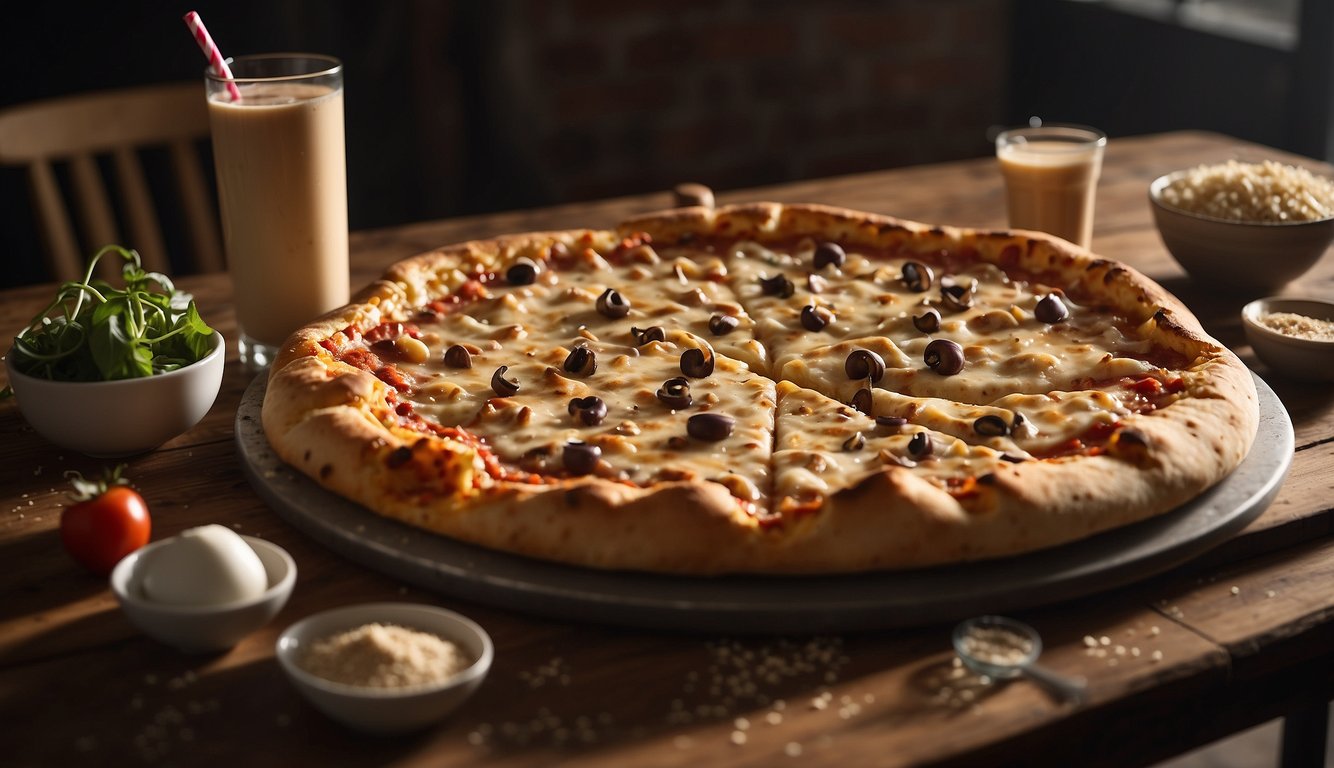
When it comes to bulking up, I often hear questions about whether pizza can be part of a muscle-building diet.
Given its high calorie content and delicious taste, pizza is tempting for anyone looking to increase their calorie intake.
I lean towards a whole foods approach, focusing on nutrient-dense items rather than strictly tracking calories.
In my experience, pizza can play a role in a bulking diet but with some important considerations.
A traditional slice of pizza provides a significant amount of carbohydrates from the dough and fats from cheese and toppings, which are energy-dense nutrients essential for muscle growth. However, it’s also important to look at the nutrient profile as a whole.
- Carbohydrates: The dough provides a quick source of energy. Considering that bulking requires a caloric surplus, the high-carb content can be advantageous.
- Proteins: Often, pizza lacks in high-quality protein unless topped with lean meats. Protein is crucial for muscle repair and growth, so if relying on pizza, choose toppings wisely.
- Fats: Cheese and certain toppings contribute saturated fats. While fats are necessary for hormone production, which is important for muscle growth, balance is key.
- Micronutrients: Pizza can lack essential vitamins and minerals, unless you opt for veggie toppings.
Here’s a simplified breakdown:
| Nutrient | Presence in Pizza | Consideration for Bulking |
|---|---|---|
| Carbohydrates | High | Beneficial for energy |
| Protein | Moderate to Low | Essential but varies |
| Fats | High | Choose healthier fats |
| Micronutrients | Variable | Usually need to supplement |
Eating pizza can help you reach a caloric surplus, but it’s about more than just hitting a higher calorie number. For healthier bulking, integrating foods that are dense in nutrients is critical to support both muscle growth and overall health.
Balance your pizza indulgence with a solid foundation of lean proteins, fruits, vegetables, whole grains, and healthy fats to ensure a well-rounded approach to bulking.
What Is the Definition of Bulking?
Bulking is the idea of adding body weight for the purpose of building more lean mass. It typically starts off with eating above maintenance level calories and progressively bringing those calories up as time goes on to push your body into a state where it can build muscle more easily.
The Breakdown – Is Pizza Good For Bulking?

So is pizza good for bulking? Let’s look at calories first: A slice of cheese pizza typically comes in around 250 calories and a slice of pepperoni usually is about 325.
If we ate just one 12″ pizza then we would be looking at roughly 1000 calories and that’s not even taking into account a side dish of garlic bread, which can add up to quite a few more hundred depending on how big your slice of bread is.
So it’s safe to say that if you choose to eat pizza then you’ll be getting quite a few more calories than your standard diet plan. So the calorie content of it is good for bulking that’s obvious, but because there are so many fats in the meats and dairy products being used, this could mean adding some bad weight around your mid section which could hurt your overall symmetry and goal.
The fats in pizza are saturated fats which is definitely not what you want to see if you’re trying to build more lean mass. These saturated fats can also lead to increased LDL cholesterol (bad cholesterol) and decreased HDL cholesterol (good cholesterol).
Now I don’t want to totally discount the benefits of eating pizza during your bulk, because it can definitely provide some positive aspects…
How Pizza Can Be Good For Bulking?
The idea is to not treat carbs like they’re evil: Carbs in and of themselves are not bad for us they contain energy.
The problem comes when they’re consumed in larger than normal quantities. If we’re talking about pretty much anything other than vegetables and fruits, these carbs will be converted into sugars in our system and can lead to weight gain (the bad way).
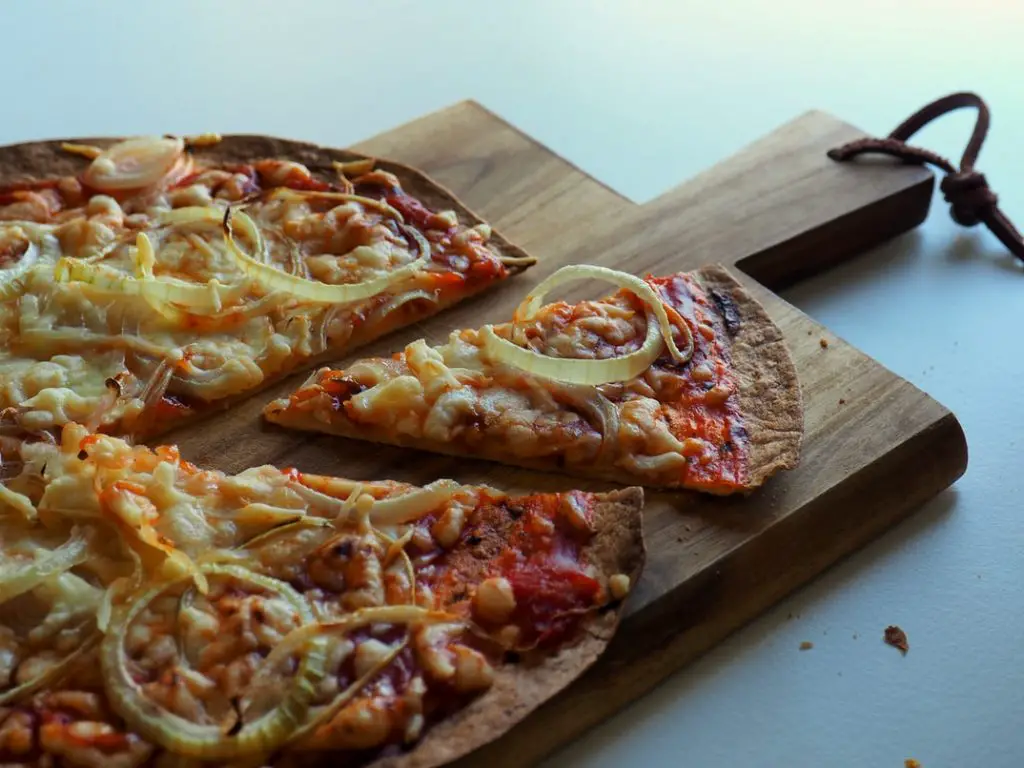
So if you’re going to have a pizza, go with a thin crust. The thicker the crust the more of that floury bready stuff there is! Another tip for people looking to bulk up is that if you’re going to choose to go with a thicker crust, do not go with the stuffed crust.
This is where they’ve taken strips of dough and folded it around the cheese, so you’re basically getting twice as much flour! And of course, if you can avoid added oils and greasy meats that’s even better.
Think about the toppings
Now for our discussion on protein: Protein in itself is important to help repair and build muscle. So any foods that are rich in protein are great for bulking and building that lean muscle to your frame as you train!
Pizza can be a great source of protein, A basic pizza made with mozzarella cheese is going to have good protein, but it’s also not a bad idea to add toppings that have good quality protein, think about adding chicken breast or beef to your pizza. If your pizza is vegan or vegetarian you can add extra tofu or even black beans.
The great thing with pizza toppings is you can be creative and add a whole bunch of stuff, as long as you check the label you can be sure to get lots of healthy nutrients added to your pizza.
The Problem With Pepperoni
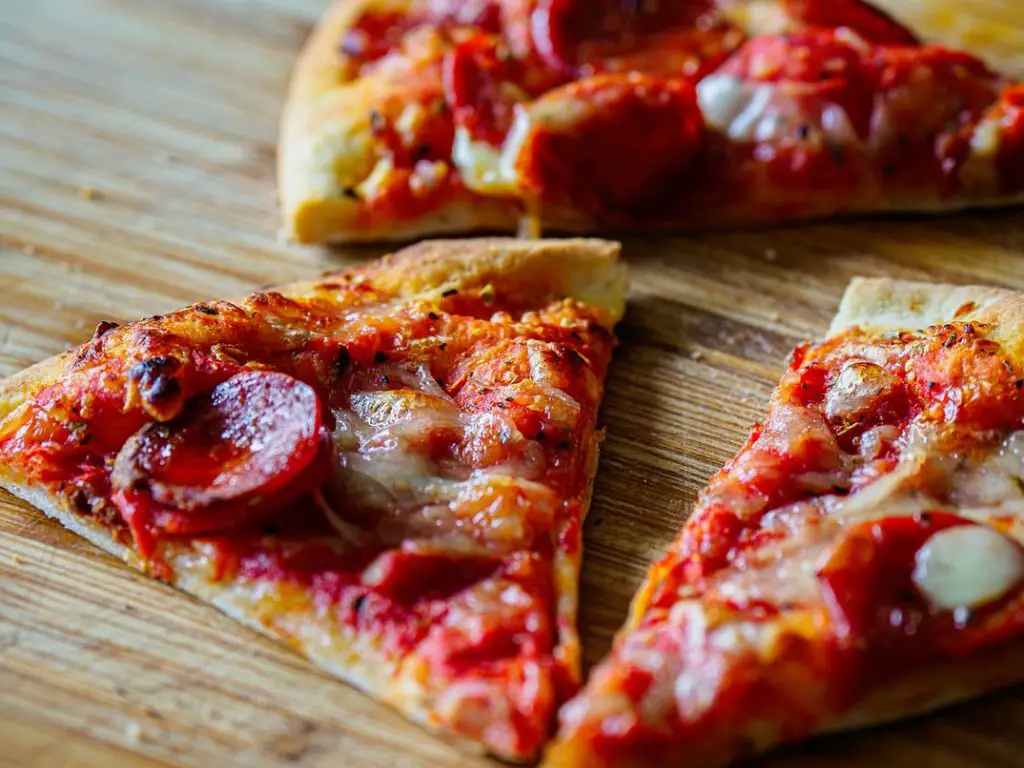
Pepperoni is a popular option, but my problem with pepperoni is it has zero fibre and is very greasy and fatty, so try to go outside of your comfort zone and experiment with your ingredients, try to go for pizza topping ingredients that have little more nutrients to your pizza.
Is Pizza Good For Bulking? – Conclusion
So is pizza good for bulking? It can be, but it definitely all comes down to moderation.
Don’t just go for any pizza, think about what base you go for what toppings you choose and how much you eat. Pizza can be a great addition to your bulking diet, just don’t go overboard!
Frequently Asked Questions
Is it beneficial to eat pizza when trying to build muscle?
Yes, pizza can be beneficial for building muscle, as it is high in calories and carbohydrates. However, the protein content might be insufficient, depending on the toppings.
A slice of pizza has roughly 285 calories, 36 g of carbs, 12 g of protein, and 10 g of fats.
Make sure to choose protein-rich toppings and be mindful of the quantity you consume.
Can pizza be included in a bulking diet?
Certainly, pizza can be a part of your bulking diet as it is calorie-dense and helps you reach a caloric surplus, which is essential for muscle gain.
However, be cautious about ingredients and choose healthier options to avoid unwanted weight gain.
Which type of pizza is best for muscle gain?
The best type of pizza for muscle gain would be one with ample protein and healthy toppings such as chicken, lean meats, and vegetables.
Consider wholegrain crust options for a more nutritious choice.
How does pizza compare to pasta for bulking?
Both pizza and pasta are high in carbohydrates, making them suitable for bulking diets.
However, pasta may provide a more versatile base for protein-rich sauces and toppings. Ensure that you choose wholegrain pasta and add lean meats or vegetarian protein sources to your meal.
Is Domino’s a suitable choice for those aiming to bulk?
Domino’s can be a suitable option for those bulking, yet it might not provide optimal protein levels.
Choose toppings that are higher in protein and consider customising your pizza to include more healthful ingredients.
Are there any toppings to avoid when eating pizza for bulking?
It’s best to avoid toppings high in unhealthy fats or low in protein when bulking. Examples include high-fat meats, like pepperoni or sausage, and excessive amounts of cheese.
Instead, opt for lean meats, vegetables, and moderate portions of cheese to balance your macronutrient intake.
Author
- Danny Loeb is a qualified Personal Trainer, Fitness Model and Writer. He enjoys blogging about health and fitness, messing around with Photoshop, and sharing his experiences with everyone.
Latest entries
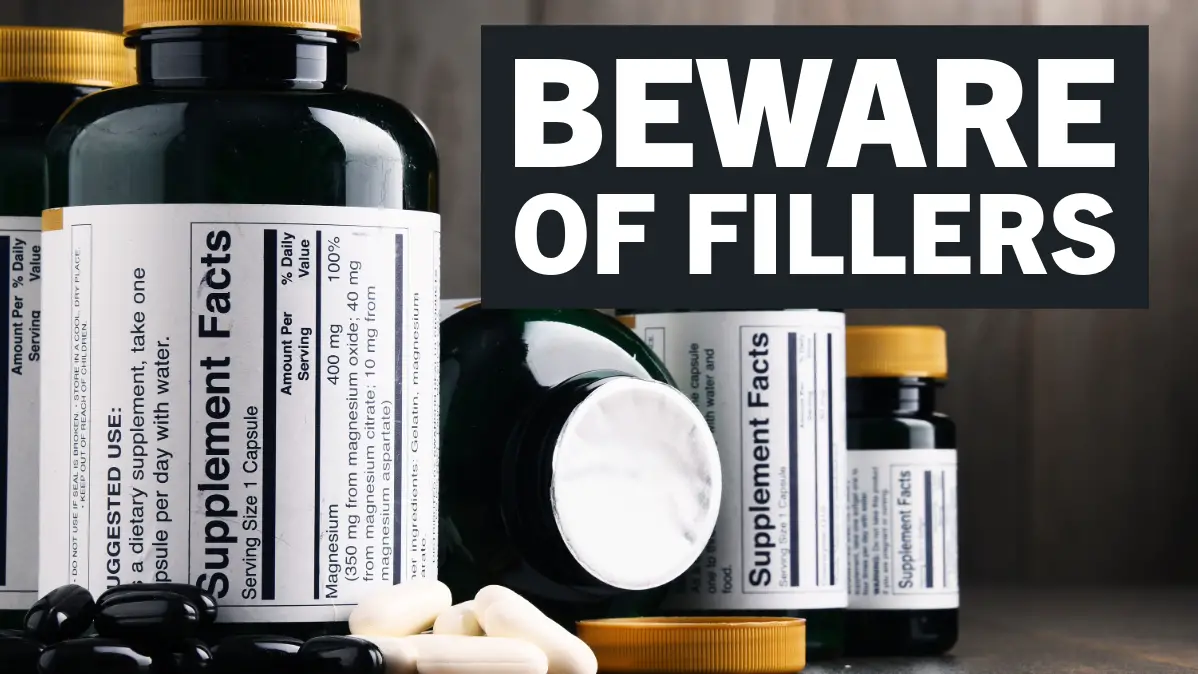 NutritionFebruary 6, 2024What Are Fillers in Supplements? – Unveiling Inactive Ingredients
NutritionFebruary 6, 2024What Are Fillers in Supplements? – Unveiling Inactive Ingredients FitnessAugust 23, 2023Best Post-Workout Foods: Great Ideas for Recovery and Results
FitnessAugust 23, 2023Best Post-Workout Foods: Great Ideas for Recovery and Results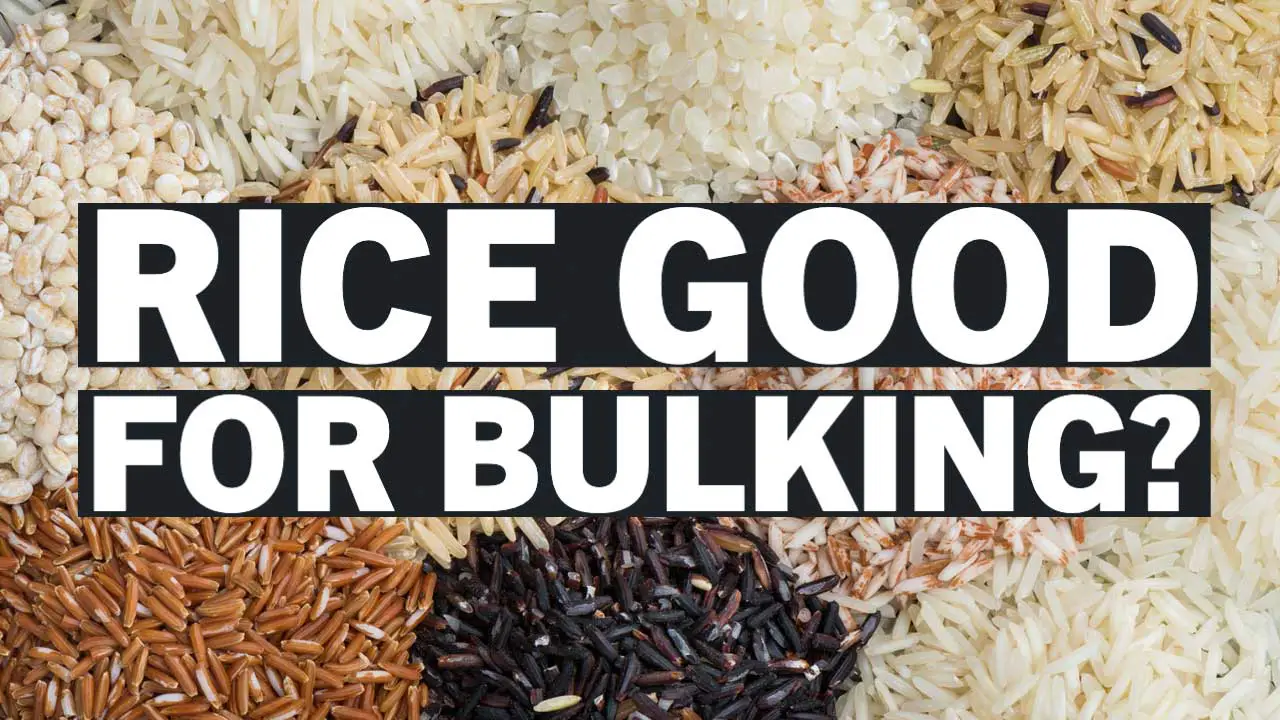 BulkingJuly 26, 2023Is Rice Good for Bulking? Unveiling the Truth
BulkingJuly 26, 2023Is Rice Good for Bulking? Unveiling the Truth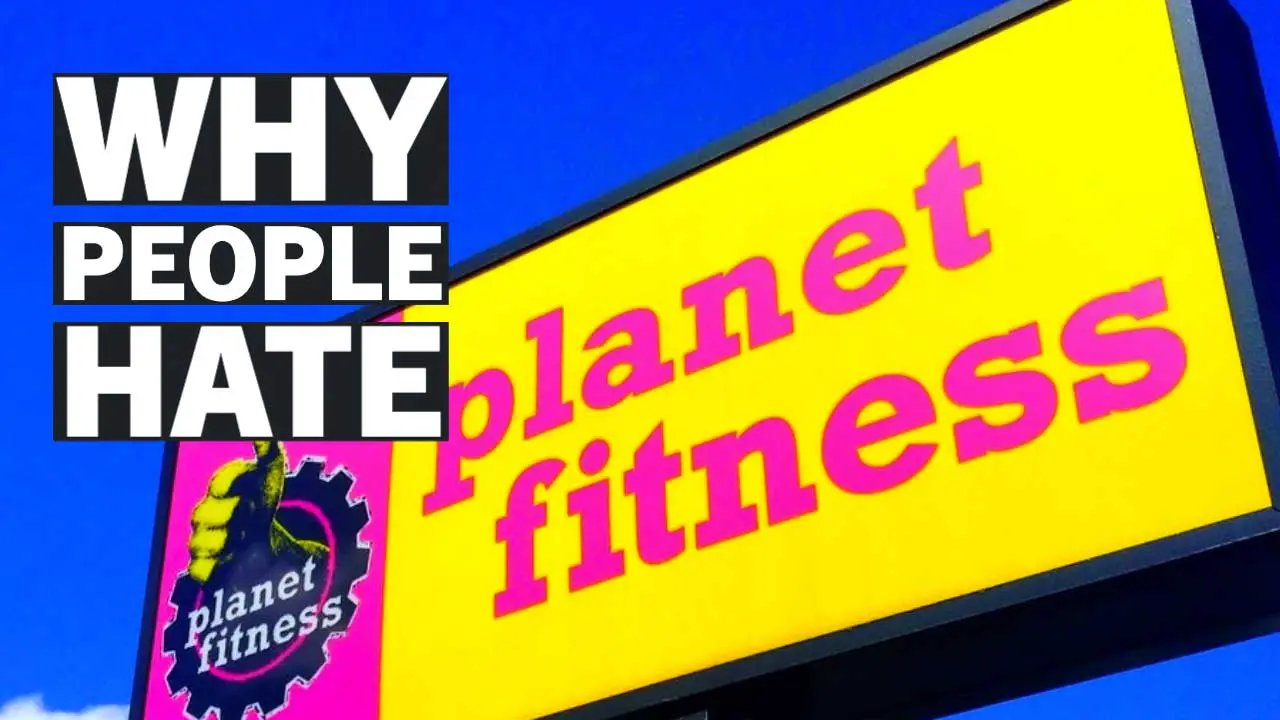 CultureJuly 15, 2023Why Do People Hate Planet Fitness? Read This Before You Join!
CultureJuly 15, 2023Why Do People Hate Planet Fitness? Read This Before You Join!
Affiliates:
This post may contain affiliate links that at no additional cost to you, the site may earn a small commission. We only recommend products we would use ourselves and all opinions expressed on this site are our own.
General Advice:
The information provided in this article is for general informational purposes only. It is not intended as a substitute for professional advice. Always consult with a qualified healthcare professional before starting any new diet, exercise program, or making changes to your health routine.
Accuracy Advice:
While we strive to provide up-to-date and accurate information, the content in this article may not reflect the most current research or medical guidelines. We encourage readers to do further research and consult with professionals for more personalized advice.
Our Recommendations:
The products and services mentioned in any of our articles are recommended based on our independent research and personal experience. We are not sponsored by any company. We aim to suggest products and services we believe are of high quality and could be beneficial to our readers.

